Prime Video has begun streaming episodes of Pop Culture Jeopardy!, and it is leaving much to be desired. Despite SNL writer and star Colin Jost doing everything he can to entertain in his first hosting gig, Pop Culture Jeopardy! has a glaring issue: it takes everything that Jeopardy! does right and messes it up. From straightforward answers in one topic to too many contestants per episode, Pop Culture Jeopardy! changes the most enjoyable aspects of Jeopardy!. The same basic format as Jeopardy! might be used, with categories and buzzing in to win money, but Pop Culture Jeopardy! is an unnecessary addition to the Jeopardy! franchise.
Jeopardy! has been on the air since 1964 with different eras and revivals, but the basic Jeopardy! format has three individuals competing to ask the correct question to an answer in one of six categories per round. Hidden in the categories is a Daily Double that allows a lucky individual to earn up to double the points. Final Jeopardy! is played at the end of the two rounds, allowing contestants to wager everything they have on one question. Pop Culture Jeopardy! is played similarly, except the questions all revolve around one topic, there are three teams of three players each, and the series takes an approach more similar to the Jeopardy! tournaments. Everything is less exciting despite the flashy colors and quips from comedian Colin Jost.
‘Pop Culture Jeopardy!’ Only Has One Topic
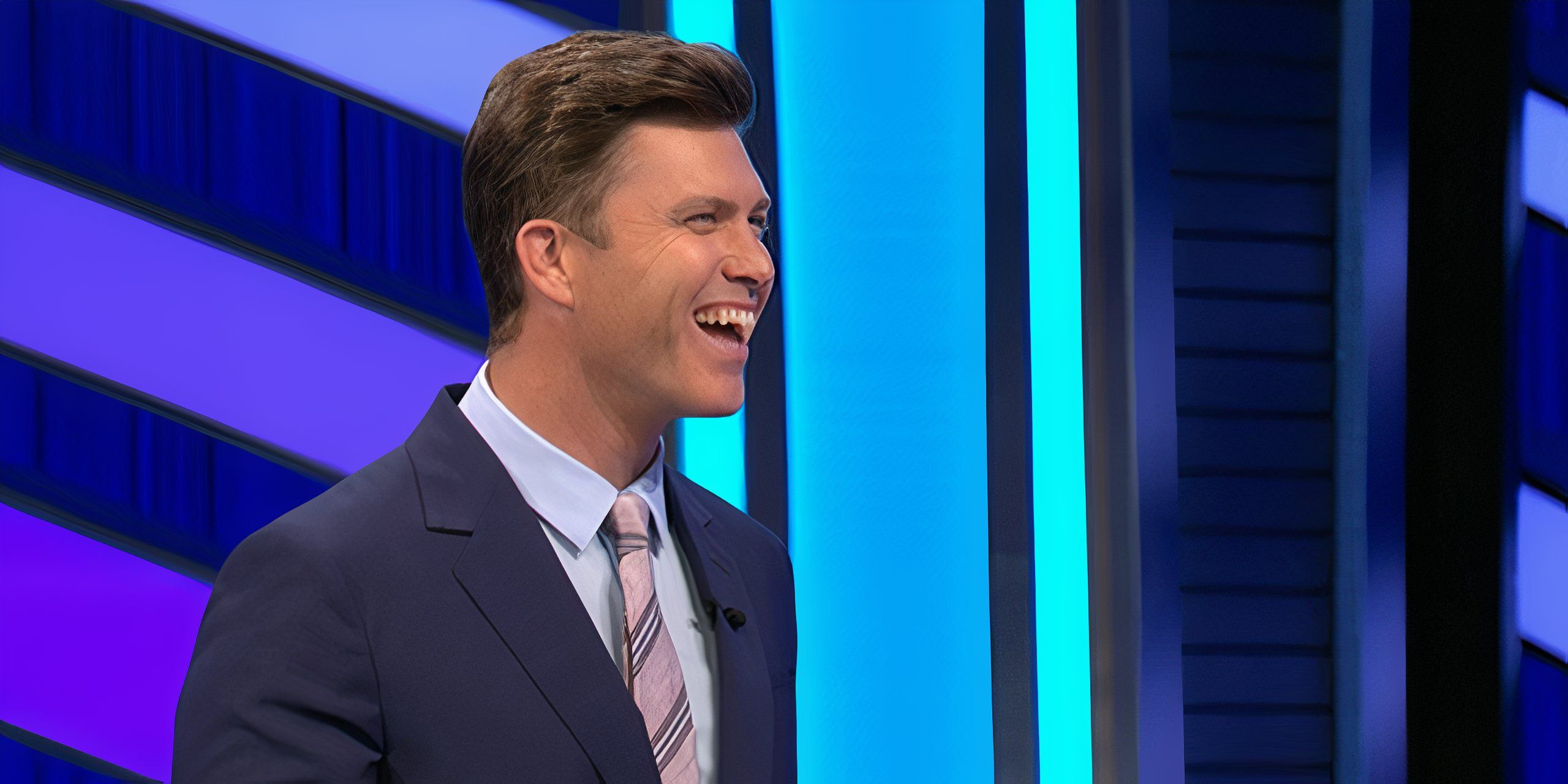 Image via Prime Video
Image via Prime Video Starting with the show's main issue, Pop Culture Jeopardy! is only about one subject; it's in the name. Although one of the broader subjects spanning entertainment news and internet memes, pop culture is still a singular topic. No matter what category Pop Culture Jeopardy! includes, there is no need for broader knowledge or trivia. Jeopardy! encompasses all subjects, no matter how niche or random. Any given episode of Jeopardy! could have topics about monarchies through history as well as Y2K musicians. Even incredibly niche categories like "Pigeon Facts and Lore" have a place. The point of Jeopardy! is for contestants to show off and prove they are well-rounded. The fact that a contestant can know so many different topics is part of what makes Jeopardy! such a long-lasting game show.
Plus, Jeopardy! has always included popular culture categories. For example, last year, Jeopardy! had a category called "No. 1 Songs by People Who Aren't Taylor Swift," which included artists like Fall Out Boy and Ed Sheeran. Recently, another category called "Wicked" had videos from director John M. Chu and actors Cynthia Erivo, Ariana Grande, and Jeff Goldblum with answers relating to the 2024 blockbuster Wicked. Jeopardy! scatters pop culture categories throughout the episodes, which allows the topic to stay relevant and interesting. However, the questions become outdated and irrelevant since Pop Culture Jeopardy! can only pull from one subject. It is hard to believe that Pop Culture Jeopardy! will be able to come up with enough current and trending topics for another season.
Teams of Three Make It Hard To Root for a Contestant
Not only are the questions more straightforward because they only pertain to one subject, but Pop Culture Jeopardy! also has three contestants per team who can all answer correctly. Even if one contestant does not know the answer, two other people can win the team's points. So, in an episode of Pop Culture Jeopardy!, nine people are playing. On the other hand, Jeopardy! only has three contestants at a time. Jeopardy!'s format makes following one particular player far more manageable than in Pop Culture Jeopardy!.
With Pop Culture Jeopardy!, the teams that win move up in the bracket, but there is not as much connection with the audience as there is when one individual is succeeding. In Jeopardy!, stand-out players like Ken Jennings, James Holzhauer, and Amy Schneider have become well-known. Jennings, still the best player of all time, even stepped in as the host. Schneider, who most recently grew in Jeopardy! notoriety, won 40 consecutive episodes, and was easy to root for. Schneider got to talk about her life a little bit more throughout each episode, which makes for a much more compelling narrative. The teams in Pop Culture Jeopardy! have limited time, and due to the number of people, it is harder to follow them on their journey, which means it's harder to emotionally invest in them. Not only does Pop Culture Jeopardy! muddy any connections to a contestant, there are only 40 episodes in the entire season, versus over 200 episodes in a traditional Jeopardy! season. There is not enough time to care about a single contestant's journey, let alone three.
A Low Stakes Spin-Off Doesn't Feel Like ‘Jeopardy!’
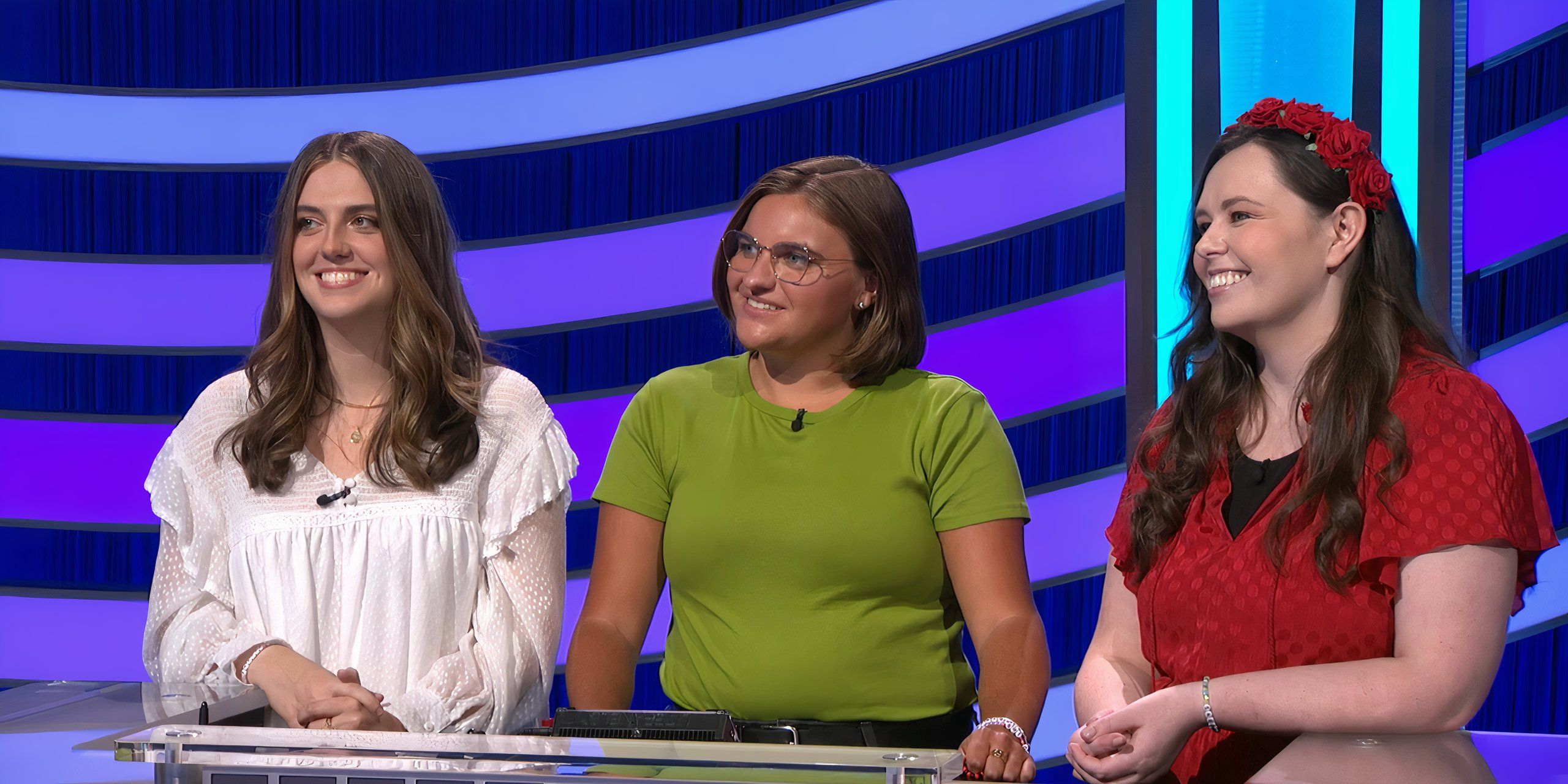 Image via Prime Video
Image via Prime Video Three chances to answer correctly and one straightforward subject lowers the stakes in Pop Culture Jeopardy!, so the prize also diminishes. Not only is the possible prize decreased, but it is also split between all the team members. Jeopardy!'s higher stakes makes it more captivating to watch and means that an incorrect answer can devastate a contestant's game and the chance of a massive grand prize. Jeopardy! allows contestants to win millions, but the most a single Pop Culture Jeopardy! contestant can win is $100,000. Although this is still life-changing money, it does not provide the same stakes as Jeopardy!. Putting everything on the line to win is what gives Jeopardy! its name.
‘Pop Culture Jeopardy!’ Could Be a Different Show
The biggest thing linking Pop Culture Jeopardy! to the original is the similar format. However, there are several changes that Pop Culture Jeopardy! makes that indicate that the show could have been separate from the Jeopardy! franchise. As mentioned before, there are three teams of three, and some even dress up in matching attire similar to The Price Is Right. Another addition to the show is a bonus panel called Triple Play. Triple Plays are scattered across the game board, much like the Daily Doubles. However, these bonuses are designed to make each one of the three contestants on a team answer the question. If one team member gets the answer wrong, another team can steal those points, similar to Family Feud or America Says. Even if there was a call for a trivia show about popular culture, there was no reason why it needed to be tied to Jeopardy!. Pop Culture Jeopardy! takes cues from different game shows and meshes them into this bar trivia-type competition that could have been a stand-alone.
Pop Culture Jeopardy! is an entirely unnecessary addition to the Jeopardy! franchise because it takes everything Jeopardy! does right and changes it for the worse. Pop Culture Jeopardy!'s only focus is one topic, no matter how much the show attempts to break it down. The low stakes of multiple contestants, more straightforward answers, and one topic have also come with a lower possible prize and, unfortunately, less entertaining. Pop Culture Jeopardy! uses the label of Jeopardy! to gain traction, but ultimately doesn't have as much runway as it tries to give itself.
Pop Culture Jeopardy! is available to stream on Prime Video in the U.S., with new episodes every Wednesday.
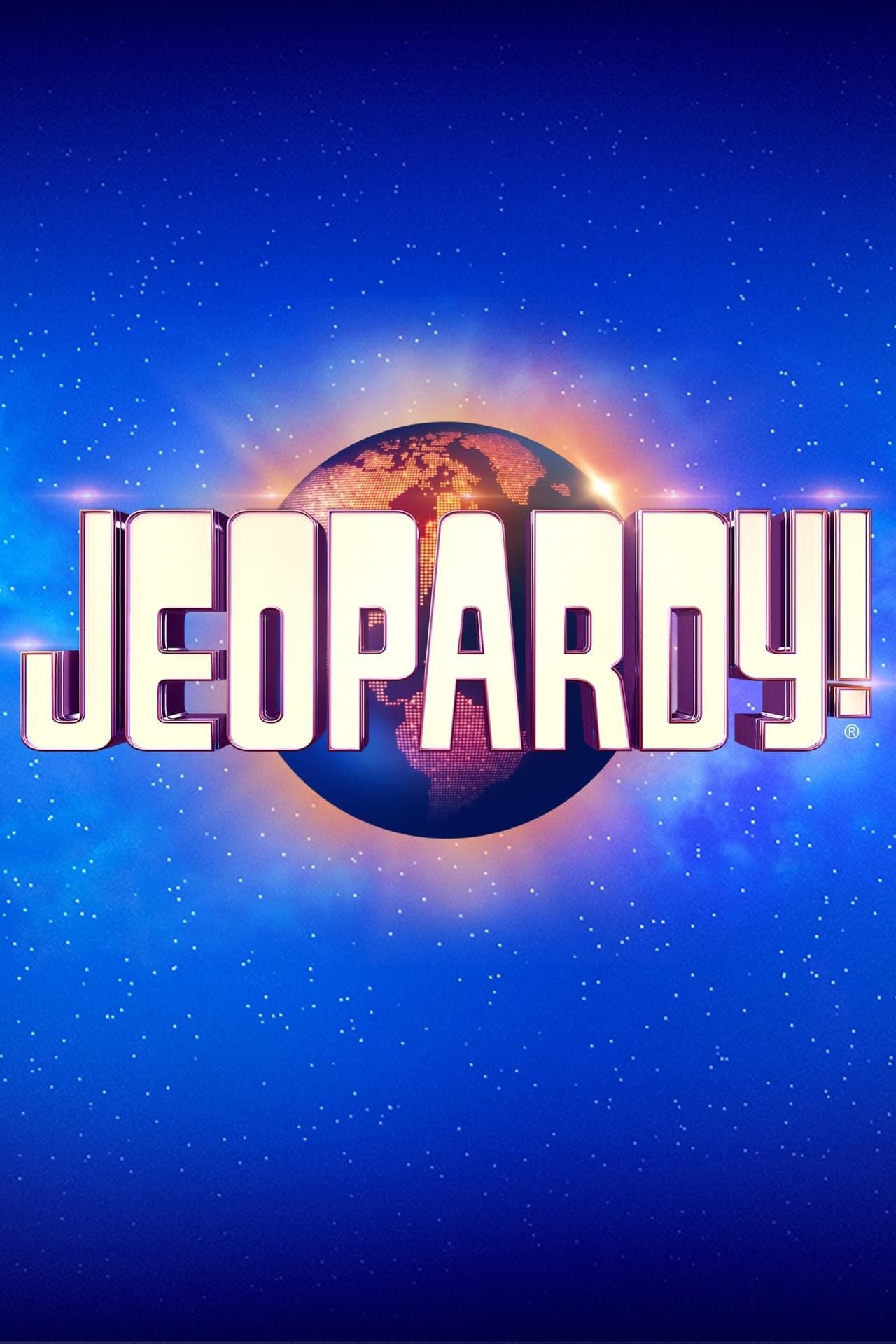
Release Date September 10, 1984
Main Genre Game Show
Creator(s) Merv Griffin

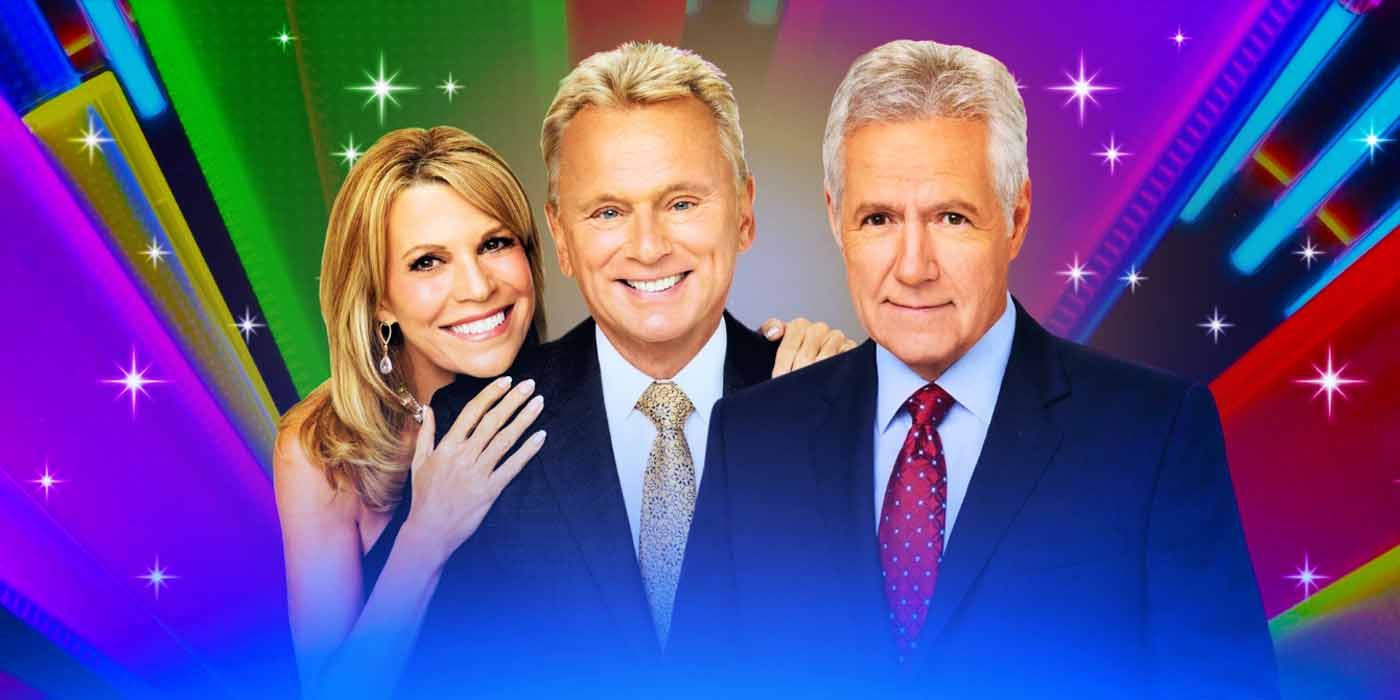
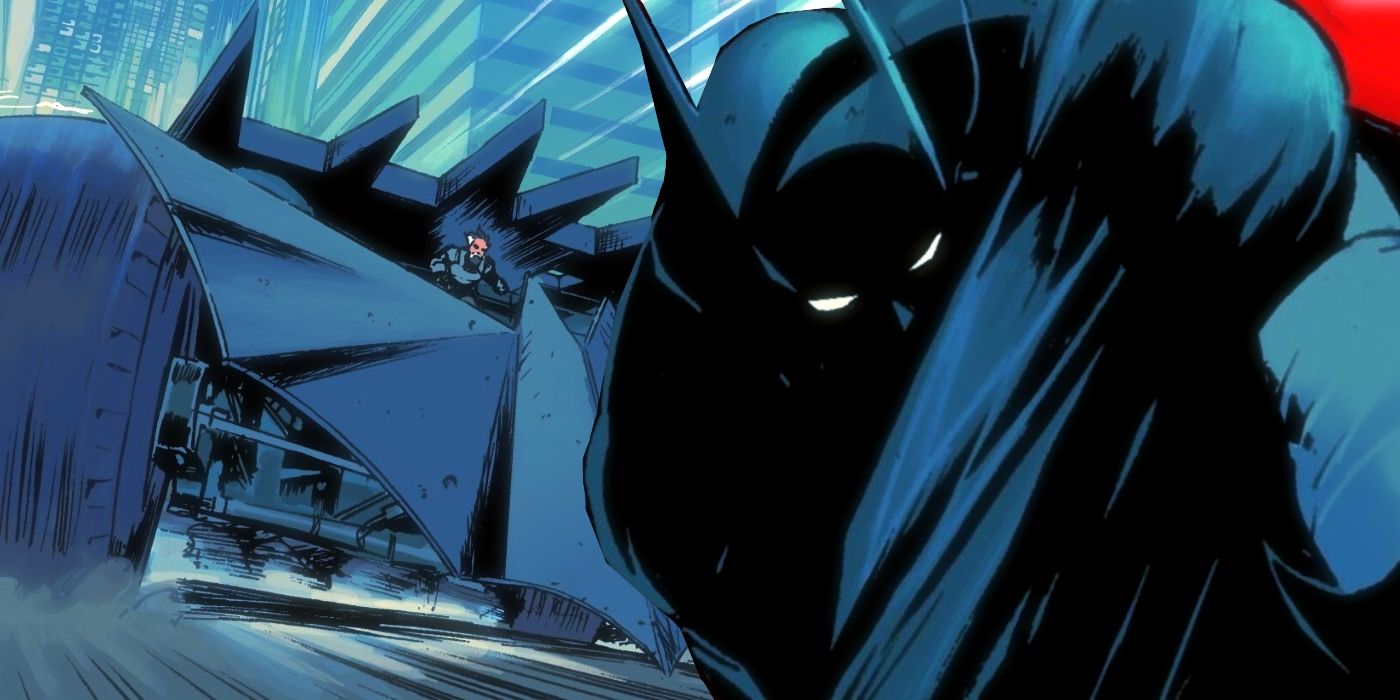

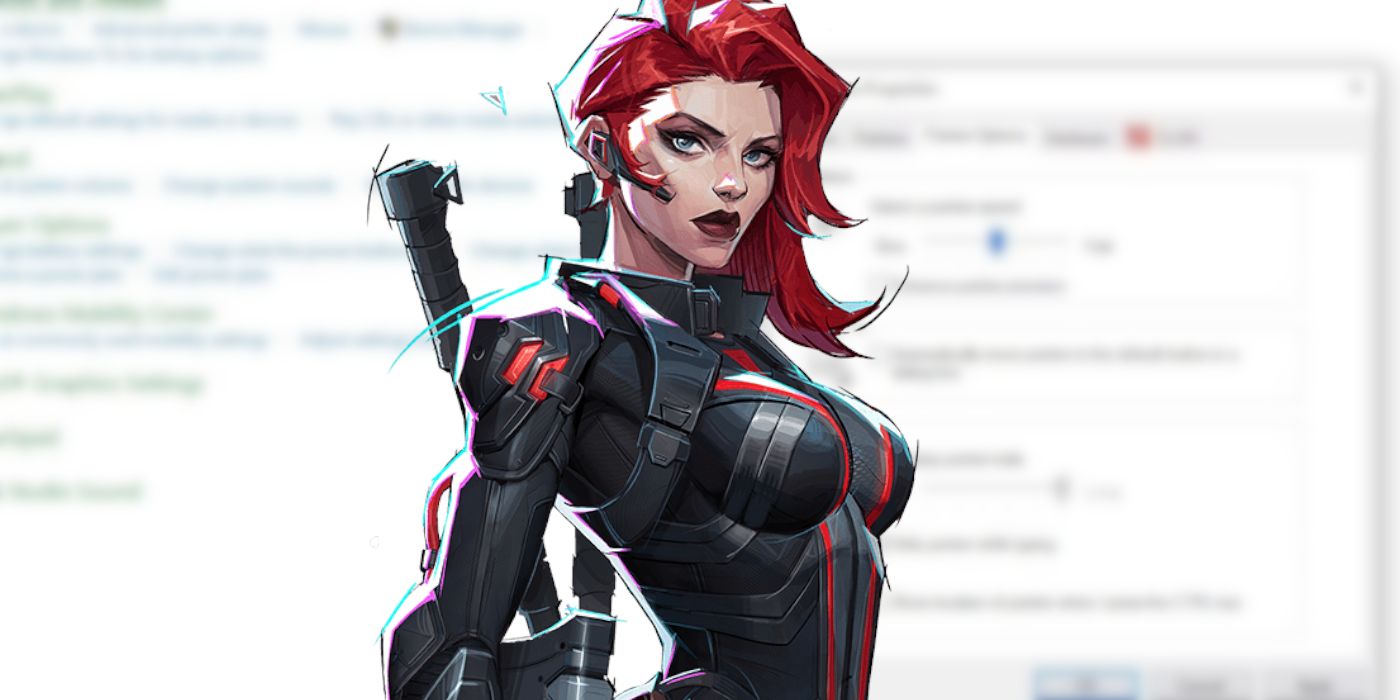





 English (US) ·
English (US) ·